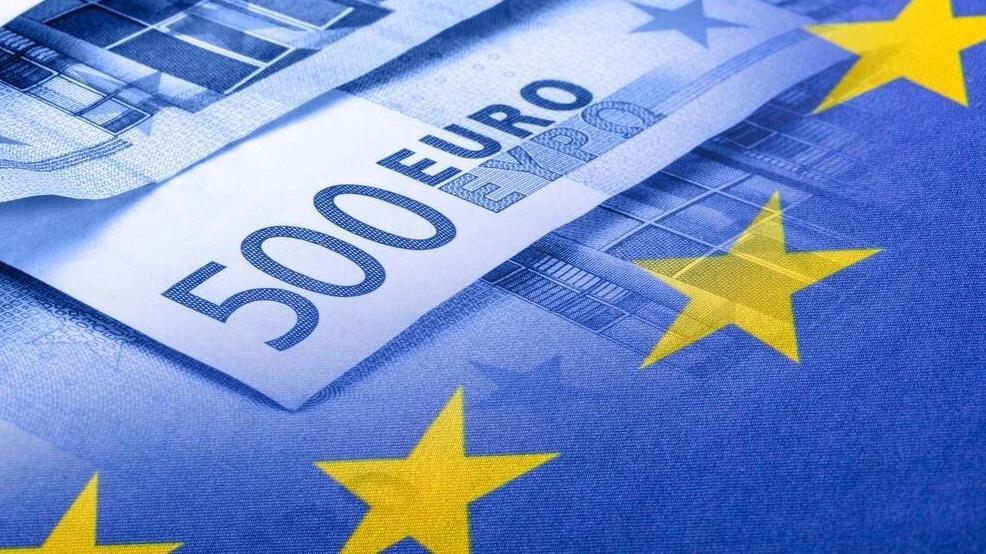
Share this course
Dates
18/03/2024 - 20/03/2024
Location
Sala del Camino, Villa Salviati
Download Programme
Registration deadline
11/03/2024
Level
Introductory
Approach
Qualitative
Delivery mode
Residential
Financial integration in Europe has taken many twists and turns and so has the European financial governance steering this process. Our new course on the EU Financial Union, entirely taught by FBF team members, aims to provide an introductory and interdisciplinary audience of non-specialists with a strategic and sound overview of the EU Financial Union. The course, therefore, offers a broad but systematic treatment of the different dimensions of what the Five Presidents’ Report of 2012 referred to as the ‘EU Financial Union’.
The course aims to retrace and explain the key stages in the EU’s financial integration trajectory since the Maastricht Treaty, highlighting institutional, regulatory and policy issues that have contributed to strengthening financial integration in the EU. Course participants will dive into the architecture and governance of the EU Financial Union, which encompasses the European Banking Union on the one hand and the Capital Markets Union on the other.
Monetary integration will serve as the starting point of the course. We will recall the architecture of the Economic and Monetary Union (EMU) and review its strong links with a rules-based but also incomplete Fiscal Union (FU). While reflecting on the impact of the global financial crisis and of the Eurozone sovereign debt crisis, course participants will then explore EU regulatory response to such crises by learning about the pillars of the half-completed European Banking Union (EBU) and the embryonic EU Capital Markets Union (CMU). The final part of the course will provide ample room to discuss current policy proposals to complete the Financial Union and to debate future challenges. This frontier conversation will include the dilemmas posed by the capacity of the EU financial sector to weather both digital and green transitions.
- Gain exposure to the drivers and patterns of financial integration in the European Union and the economic and financial architecture established since the Maastricht Treaty.
- Discuss the concept of the “European Financial Union” and grasp its various dimensions, building blocks (including economic, monetary, financial and fiscal domains) and their interrelations.
- Acquire familiarity with the key features and institutional actors of the European Banking Union and the Capital Markets Union.
- Develop the ability to evaluate new policy and legislative initiatives, also in view of creating a truly single market in financial services.
- Engage on critical reflection on the caveats and limits of the current EU financial governance set-up.
- Analyse the current state of the European Financial Union, assess the changes in the EU financial integration trajectory, and identify missing components.
- Critically evaluate future policy challenges in light.
- More marginally: gain exposure to the most central academic debates on financial integration in the EU.
Generalist profiles in EU institutions and in the three ESAs, ministries of finance, central banks, national and supranational development banks, communication staff in central banks, emerging scholars, private sector practitioners (e.g. trade associations, journalists, law firms, consultancies, banks, investment funds).
-

Maria Ana Barata
Research Associate
Robert Schuman Centre for Advanced Studies
-
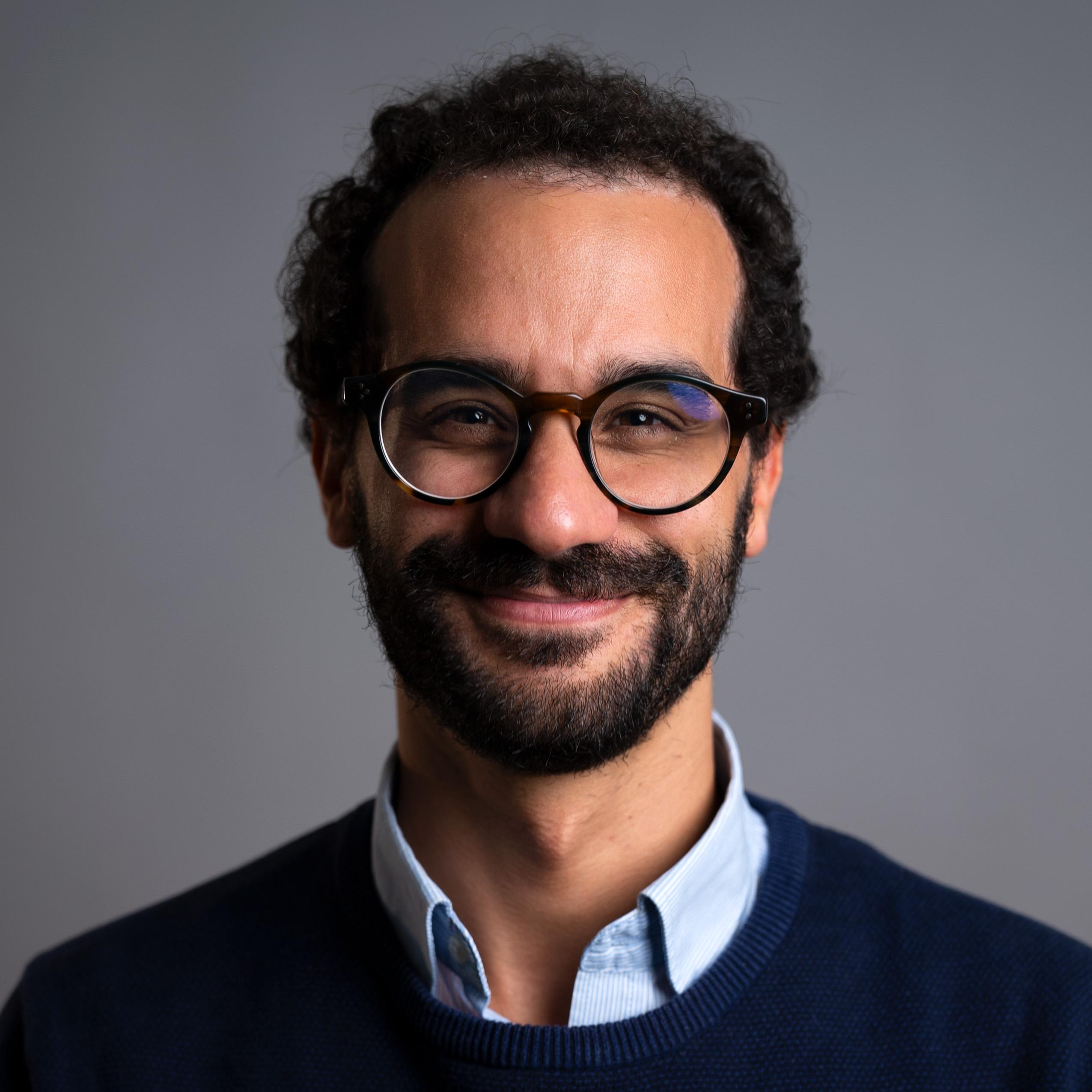
Nicola Bilotta
Project Coordinator (EUSDFA)
Robert Schuman Centre for Advanced Studies
-
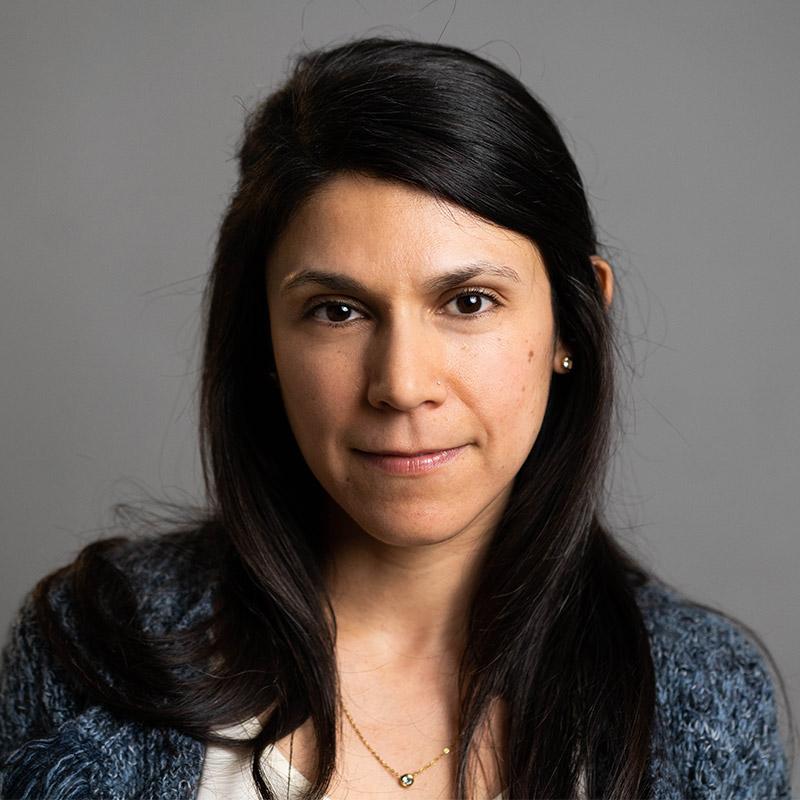
Maria del Carmen Sandoval Velasco
Project Coordinator (CBBS)
Robert Schuman Centre for Advanced Studies
-
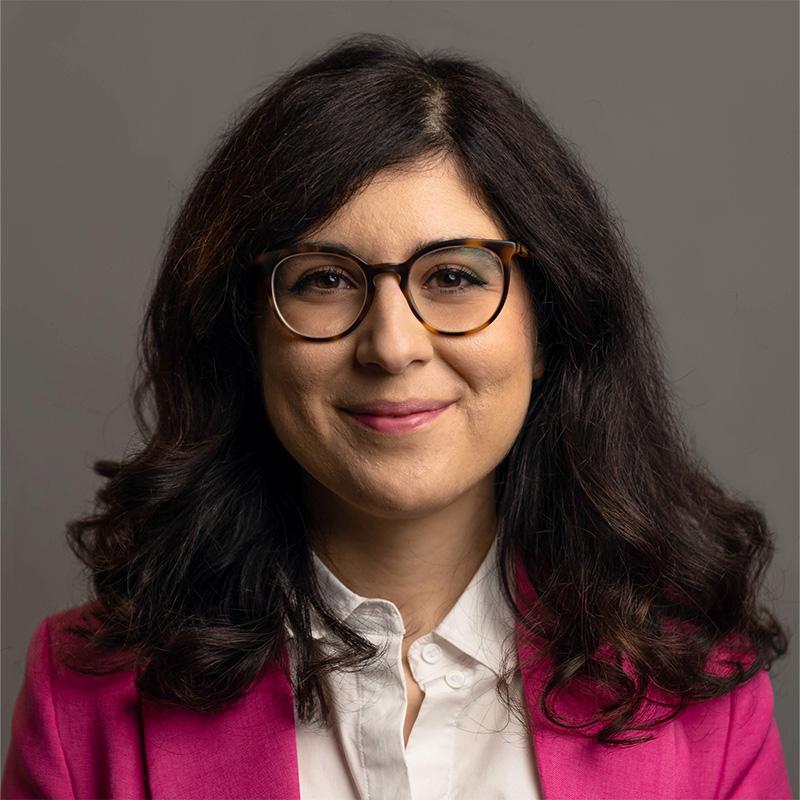
Eliana Canavesio
Project Coordinator (SSM Foundation)
Robert Schuman Centre for Advanced Studies
-

Livia Hinz
Research Associate
Robert Schuman Centre for Advanced Studies
Researcher
Department of Law
-
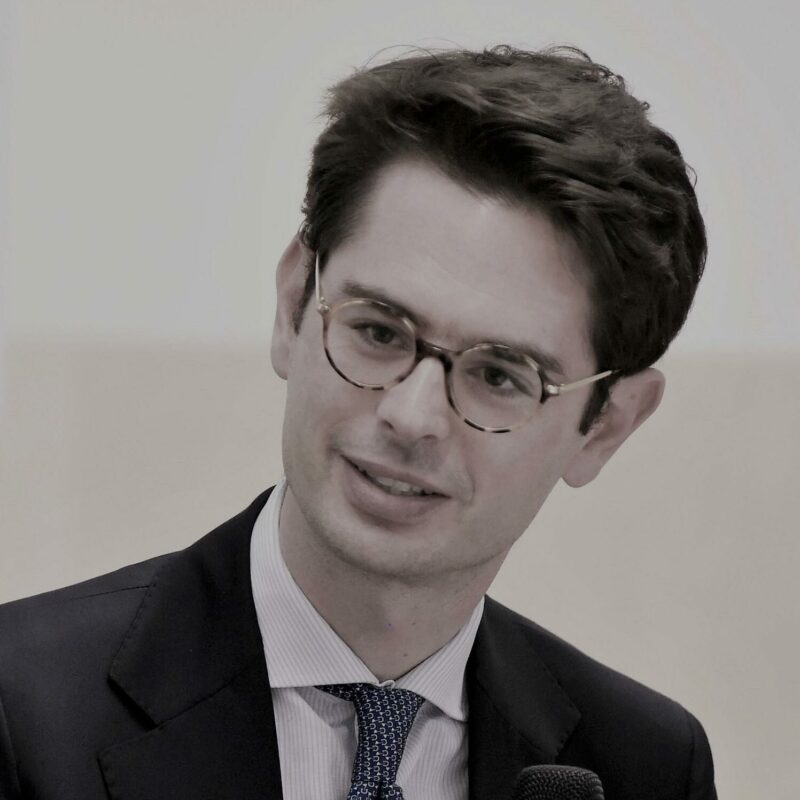
Valerio Novembre
Research Fellow
Robert Schuman Centre for Advanced Studies
-

Pierre Schlosser
Deputy Director
Florence School of Banking and Finance
-
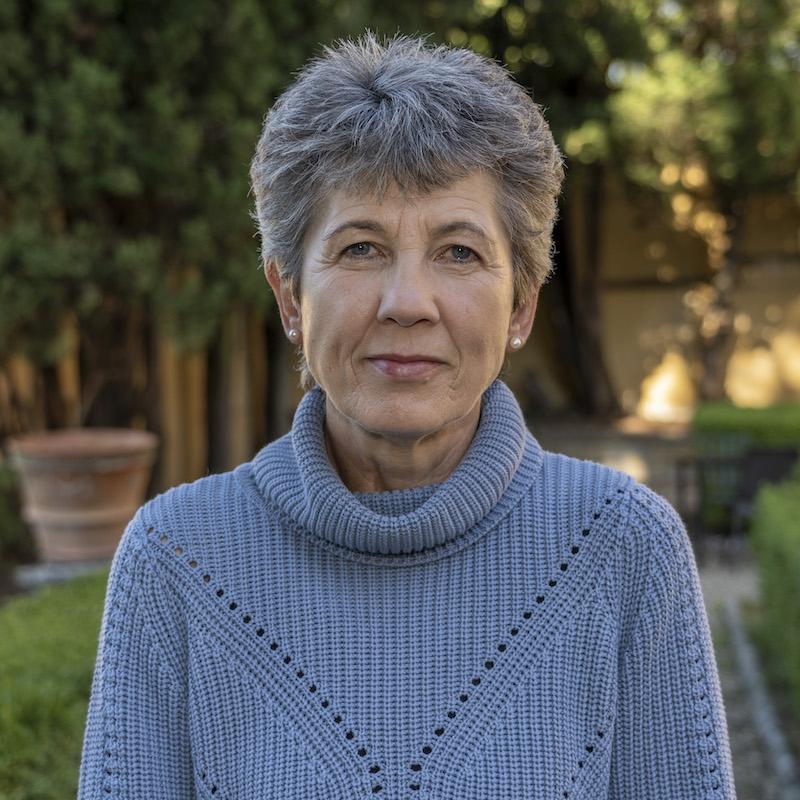
Waltraud Schelkle
Full-time Professor - Joint Chair
Robert Schuman Centre for Advanced Studies
Day 1 – Monday 18 March 2024
12:30 – 13:30: Light lunch
13:30 – 14:30: Presentation of the School and the course followed by a Tour de Table, the outline of the course, ice-breaking activity and concept mapping exercise (after that, distribution of glossary and list of acronyms).
14:30 – 16:00: Session 1 – The EU’s financial integration path and progress towards building an EU Financial Union.
16:00 – 16:30: Coffee Break.
16:30 – 17:45: Session 2 – Financial integration in the context of the Economic and Monetary Union & the Fiscal Union.
From 18:00: Dinner session at the EUI with Keynote.
Day 2 – Tuesday 19 March 2024
9:15 – 10:45: Session 3 – Towards a European Banking Union – History, politics, framing and trade-offs.
10:45 – 11:15: Coffee Break.
11:15 – 12:45: Session 4 – The European System of Financial Supervision, the SSM and the Single Rulebook.
12:45 – 14:00: Lunch Break.
14:00 – 15:30: Session 5 – The SRM, and the backstop challenges.
15:30 – 16:00: Coffee Break.
16:00 – 17:30: Session 6 – From banking to sovereigns and back
17:30: Visit the Historical Archives of the EU at Villa Salviati cocktail
Day 3 – Wednesday 20 March 2024
9:15 – 10:45: Session 7 – Towards a European Capital Markets Union.
10:45 – 11:15: Coffee Break.
11:15 – 12:45: Session 8 – The Sustainable Finance pillar of the Capital Markets Union.
12:45 – 14:00: Lunch Break.
14:00 – 15:30: Session 9 – Group Activity.
15:30 – 16:00: Coffee Break.
16:00 – 17:30: Session 10 – The way forward – What are the Key Challenges for the European Financial Union to be a reality in the future?
17:30 – 17:45: Closing remarks and end of the course.
Selected references
Maria Ana Barata, Thorsten Beck, Nikita Divissenko, María del Carmen Sandoval Velasco, Pierre Schlosser, ‘Thirty years after Maastricht: financial integration in the European Union’, EUI Working Paper, Robert Schuman Centre, European University Institute, 2023.
Thorsten Beck, María del Carmen Sandoval Velasco and Pierre Schlosser, ‘The impact of the Ukraine crisis in the EU Economic and financial union’, EUI Policy Brief, Robert Schuman Centre, European University Institute, 2022.
- € 1750 – Private Sector
- € 1500 – Public Authorities (e.g. National Competent Authorities, Central Banks) and European Institutions
- € 850 – Full-Time Professors, PhD Students, Research Associates
- Group discounts available upon request
The fee includes tuition, access to all course materials and pedagogic activities, coffee and lunch breaks and social activities. It does not include travel and accommodation expenses or other local transportation costs (taxis, private cars).
Please submit a certificate attesting your status as a Professor, PhD Student or Research Associate to fbf@eui.eu before registering. FBF secretariat will provide you with a code to register. Seats for academics are limited.
Please note that the payment must be settled two weeks before the start of the course.
A certificate of attendance will be provided to all participants after the course.
CANCELLATION POLICY
- In case you can no longer attend the course, you are required to inform the organisers by sending an email to fbf@eui.eu in order to free a seat for participants on the waiting list.
- In case of frequent cancellations, FBF reserves the right not to accept further registrations from the same person.
For more details, please contact fbf@eui.eu
Accommodation
Participants are responsible for their own accommodation during their stay in Florence. Below are some hotels that are conveniently located either for the city centre or for the course venue.
Fiesole (closer to the European University Institute)
- Villa La Stella, Via Iacopone da Todi 12, Firenze, ph. +39 055 5088018, info@villalastella.it
- Hotel Villa Fiesole, Via Frà Giovanni da Fiesole Detto l’Angelico, 35, Fiesole,
- +39 055 597252, info@villafiesole.it
Florence Historic Centre – Santa Maria Novella Train Station area
- Grand Hotel Minerva, Piazza Santa Maria Novella 16, Firenze, ph. +39 055 27230, booking@grandhotelminerva.com
- Hotel Garibaldi Blu, Piazza di Santa Maria Novella, Firenze, ph.+39 055 277300, booking@wtbhotels.com
- Hotel L’Orologio, Piazza Santa Maria Novella 24, Firenze, ph. +39 055 27 73 80, booking@wtbhotels.com
- Hotel Lungarno, Borgo S. Jacopo 14, Firenze ph. +39 055 27261, bencini@lungarnocollection.com
- Hotel Rosso 23, Piazza di Santa Maria Novella 23, Firenze, ph.+39 055 277300, booking@wtbhotels.com
- Hotel Santa Maria Novella, Piazza di Santa Maria Novella, Firenze,
ph.+39 055 271840, booking@wtbhotels.com
- Portrait Hotel, Lungarno degli Acciaiuoli 4 Firenze, ph. +39 055 2726 8000, bencini@lungarnocollection.com
Florence Centre – Piazza della Libertà area
- Hotel Cellai, Via 27 Aprile 14, 52/R, Firenze, ph. +39055489291, customer.service@hotelinfirenze.com
- Hotel San Gallo Palace, Via Lorenzo il Magnifico 2/4, Firenze, ph. +39055463871, infosangallo@allegroitalia.it
- Hotel il Guelfo Bianco, Via Cavour 29, Firenze, ph. +39055288330, info@ilguelfobianco.it
- Hotel de La Pace, Via Alfonso la Marmora, 28, Firenze, ph. +39055577343, info@hoteldelapace.com
- The Social Hub, Viale Spartaco Lavagnini, 70 – 72, 50129 Florence, +38055 062 1855, florence@thesocialhub.com
- Palazzo Castri, Piazza della Indipendenza, 7, 50129 Firenze, ph. +39055 472118, welcome@palazzocastri.com
Nearby airports
Pisa International Airport (Galileo Galilei Airport), is located 85 km from Florence. The shuttle Pisa Mover connects Pisa Airport to Pisa Railway Station, and it is in service every day from 6.00 a.m. to midnight with variable frequencies. The average travel time between the airport and the railway station, including the intermediate stop, is about 5 minutes. From Pisa Railway Station it is possible to take a train to Florence Railway Station (average travel time is one hour). Timetable and ticket options are available at Trainline.
Guglielmo Marconi Bologna International Airport is located 105 km from Florence. It is connected to Bologna Central Station by the shuttle train “Marconi Express” that leaves every 7 minutes. Tickets can be purchased on this website. From Bologna Central Station, Florence can be reached with a high-speed train in about 40 minutes. Timetable and ticket options are available at Trainline.
IT information
- Upon arrival, you will be provided with temporary Wi-Fi access for the duration of the event.
- If using your company laptop, please check with your company IT department regarding firewall protections before your departure. EUI uses a Captive Portal authentication to access the EUI Wi-Fi network.
On-site contact points
For any practical questions, please feel free to contact the Florence School of Banking and Finance to the attention of Shauna Kavanagh (fbf@eui.eu).
Restaurants
Below you can find a few suggestions on restaurants located in Fiesole or the city centre, which might be useful for your free night(s).
- Osteria di Giovanni – Ph. 055284897
- Coquinarius Firenze – Ph. +39 055 230 2153
- Restaurant Accademia – Ph. +39 055 217343
- Il Vezzo – Ph. +39 055 281096
- Finisterrae – Ph. +39 0552638675
- Coquinarius Fiesole – Ph. +39 055 597 8356
- La Reggia degli Etruschi – Ph. +39 333 355 6126
